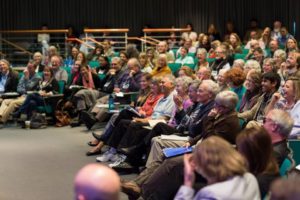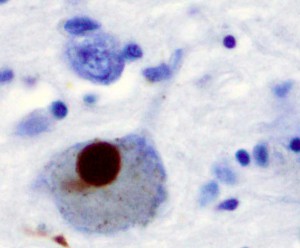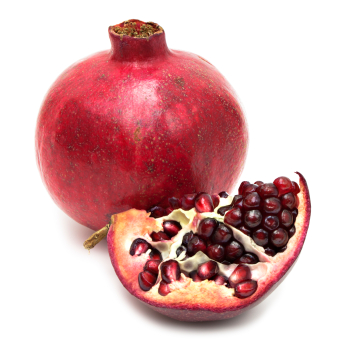 The International Forum on Consciousness offers a lively two days of information sharing and discussion regarding important—and often challenging—topics. Over the years, we have been guided through a range of topics, including creativity, near death, entheogens, intelligence in nature, business evolution and the effects of sensory inputs. This year, we’re tackling Means and Metrics for Detecting and Measuring Consciousness. You can find out more here: https://www.btci.org/events-symposia-2018/international-forum-on-consciousness/ .
The International Forum on Consciousness offers a lively two days of information sharing and discussion regarding important—and often challenging—topics. Over the years, we have been guided through a range of topics, including creativity, near death, entheogens, intelligence in nature, business evolution and the effects of sensory inputs. This year, we’re tackling Means and Metrics for Detecting and Measuring Consciousness. You can find out more here: https://www.btci.org/events-symposia-2018/international-forum-on-consciousness/ .
As we work on the final details for this year and registrations flow in, I took a moment to pause and reflect on the fact that several of the registrants have joined us for many, if not all, of our past events. It’s gratifying to see that they are taking time out of their normal routines to make their way to the Promega campus again this spring. So, I asked a few of them to share their thoughts for this post and this is what they had to say: Continue reading “Back for More: Thoughts from 3 Regular Attendees on the International Forum on Consciousness”

 We all know that a healthy lifestyle (diet high in whole foods and low in fat, moderate exercise, managing stress and good social support) is good for us. In fact I will go so far as to say that it isn’t even news that these things help our health and well-being. What is news, or at least newly published, is that these changes may also have a positive effect on telomerase activity and telomere length (1).
We all know that a healthy lifestyle (diet high in whole foods and low in fat, moderate exercise, managing stress and good social support) is good for us. In fact I will go so far as to say that it isn’t even news that these things help our health and well-being. What is news, or at least newly published, is that these changes may also have a positive effect on telomerase activity and telomere length (1). 
